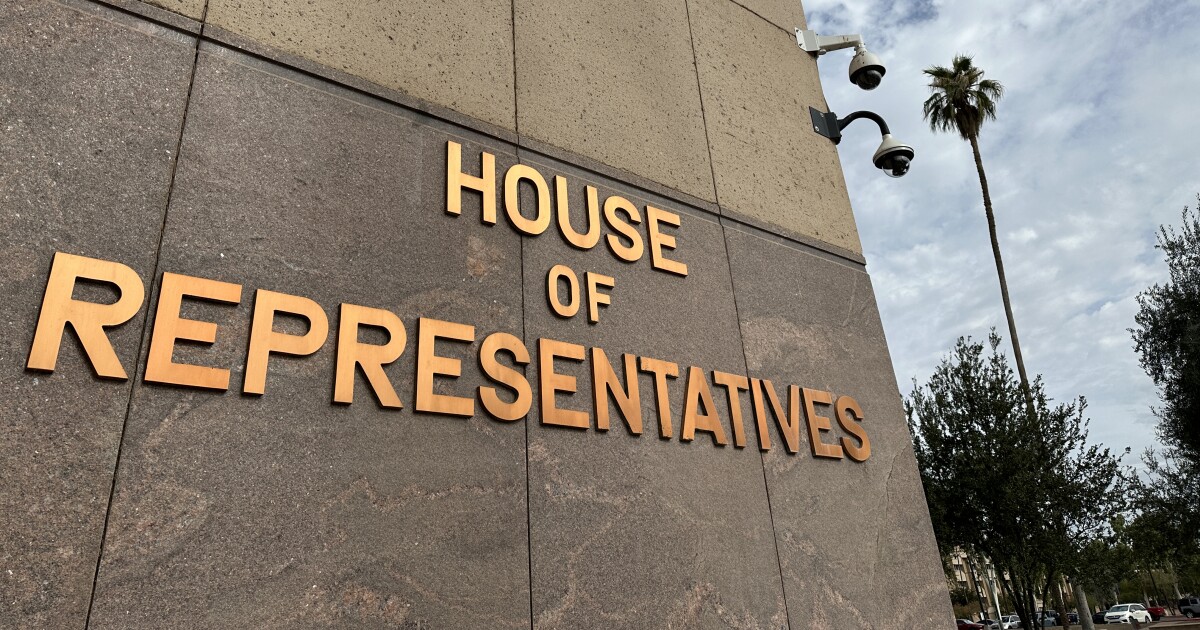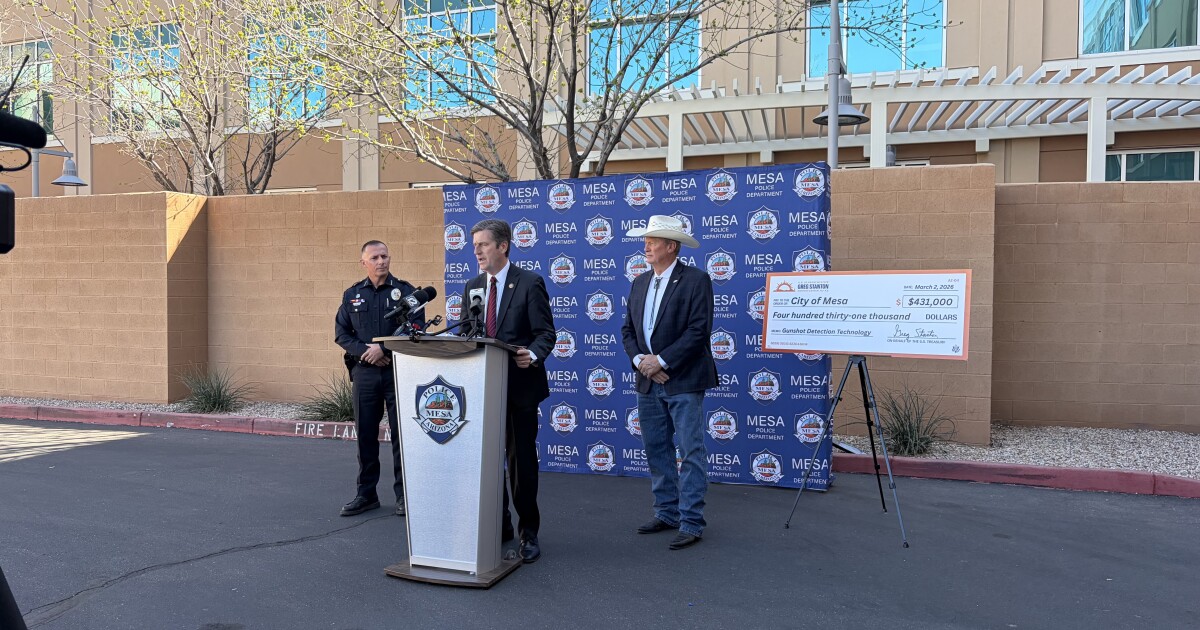Anxiety grows among healthcare providers and patients as potential federal policy shifts under former President Donald Trump’s administration loom, affecting access to critical health services. Dr. Sarah Wallett, Chief Medical Operating Officer at Planned Parenthood of Michigan, shares the concerns of many about the potential impact on abortion and gender-affirming care.
On a recent Monday, former President Trump announced plans to roll back protections for transgender individuals, which include a proposed policy recognizing only male and female sexes. This would prevent the use of federal taxpayer money for “transition services,” according to the Associated Press.
Dr. Wallett expressed concern, stating, “The incoming Trump administration has indicated that trans and gender diverse people will particularly be under attack, and they are very fearful that they won’t be able to get their medications in the future.”
In Michigan, gender-affirming care is covered under Medicaid, and in 2023, the state’s civil rights law was updated to prevent discrimination based on gender identity or expression. Despite these state-level protections, federal changes could still pose challenges.
Efforts to reassure patients continue, with Dr. Wallett noting, “So we’ve spent a lot of time over the last two months providing what reassurance we can, continuing to support them in getting their health care and planning for what could happen.”
In 2022, Michigan voters secured significant reproductive rights through a constitutional amendment that ensures access to abortion and contraception. Despite this, federal actions could still affect residents, particularly if there are attempts to restrict abortion pill access. Abortion pills are crucial as they account for over half of all abortions in Michigan and over 60% nationwide.
Dr. Wallett highlighted the vulnerability of medication abortion access, stating, “So attempts to reverse the FDA approval of mifepristone, [and] there’s also been talk about using the 1873 Comstock Act to ban mifepristone from being sent through the mail, which would create devastating barriers to care.” The Comstock Act categorizes certain abortion-related materials as obscene, prohibiting their mail distribution.
Recently, Trump was asked by Time if he would ensure the FDA does not limit abortion pill access. He remarked, “That would be my commitment. Yeah, it’s always been my commitment,” after initially stating uncertainty.
In light of these uncertainties, appointments for long-acting contraception like IUDs have surged by 77% in the weeks following Trump’s election victory, according to Planned Parenthood of Michigan. Patients are also seeking advice on whether to stockpile birth control pills, Plan B, or abortion pills.
Dr. Wallett reassures patients, “I tell them that Planned Parenthood will be here to help them access services,” but acknowledges the unpredictability of the situation.
The influx of out-of-state patients seeking abortions in Michigan remains high, with numbers tripling since the Dobbs v. Jackson Women’s Health Organization decision, which overturned Roe v. Wade, ending federal abortion rights protections. Prior to Dobbs, Michigan provided abortions for just over 600 out-of-state patients annually, and now that number is approximately 1,700, according to Planned Parenthood of Michigan.
—
Read More Michigan News









